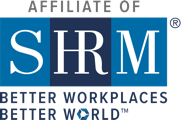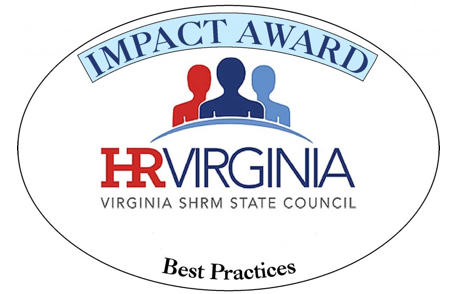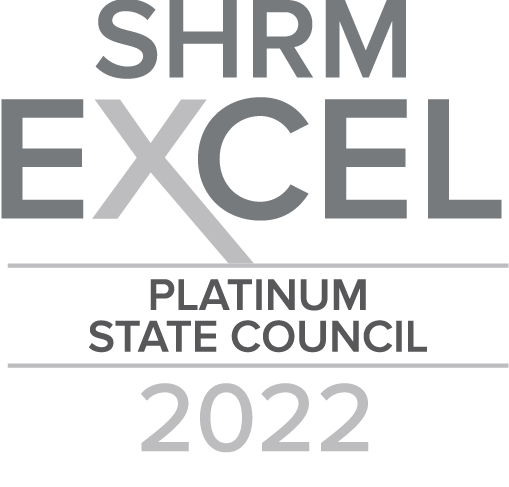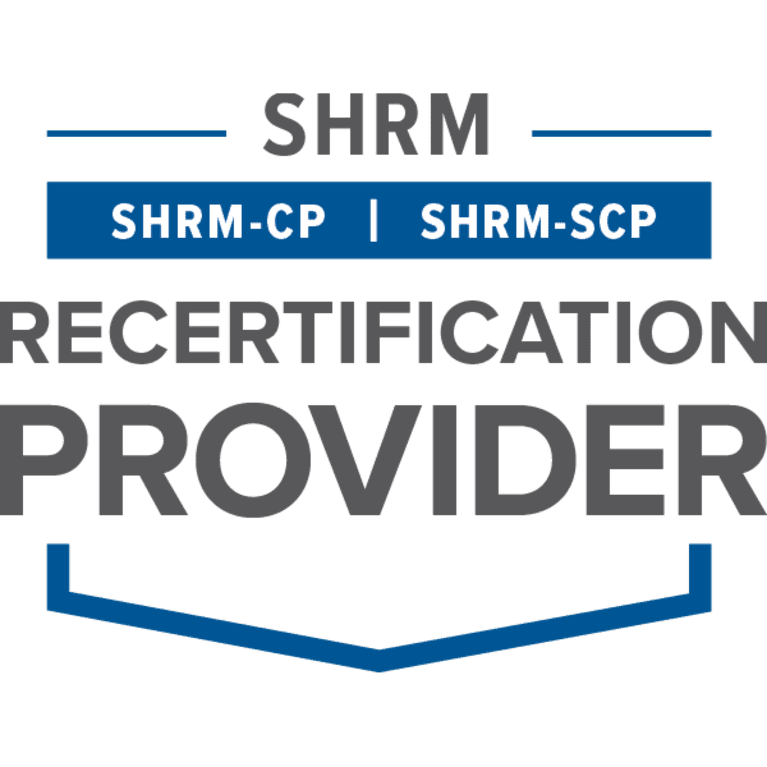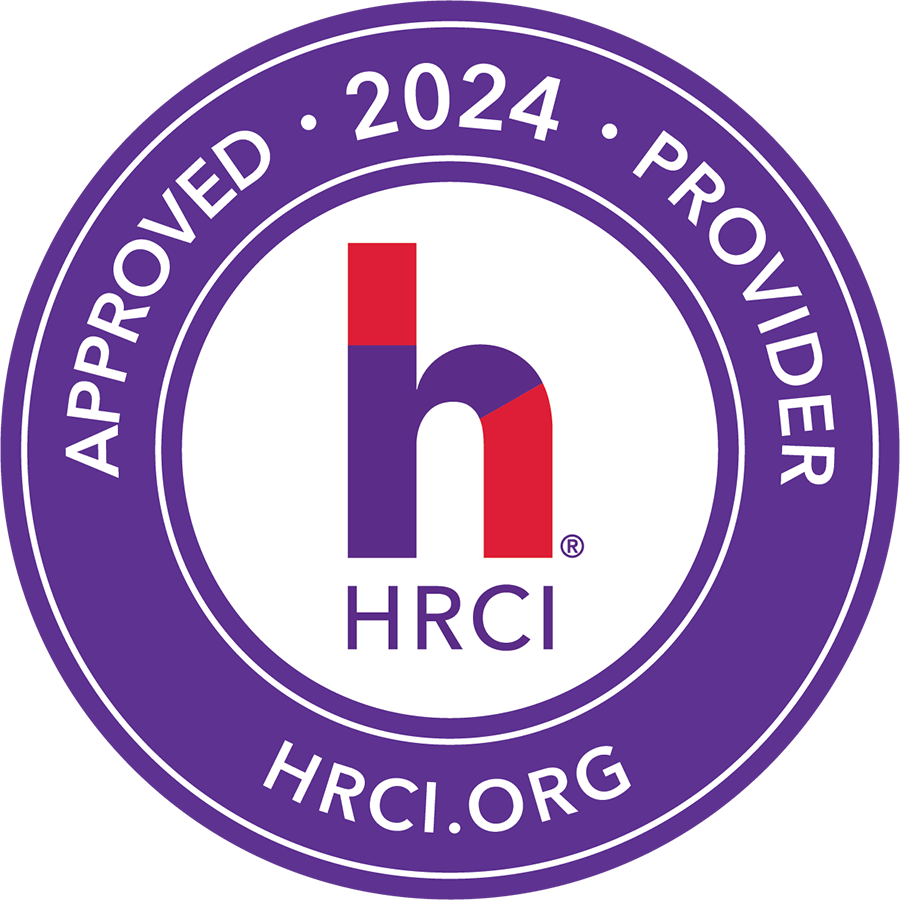We had a fantastic turnout for the HR VA DEI Coffee and Conversations virtual call on January 31, 2025. It was a wonderful opportunity for like-minded professionals to come together and share insights about how their organizations are responding to the evolving DEI landscape. The discussion highlighted a variety of experiences—while some organizations have felt significant shifts, others are continuing with their DEI efforts as planned, despite external pressures. Fear and uncertainty were mentioned by some participants, but there was also a sense of resilience and commitment to fostering inclusive workplace cultures.
One particularly timely and relevant topic that emerged was how to handle an I-9 audit or raid. With ongoing changes in workforce regulations, it’s more important than ever for HR professionals to be proactive in this area.
In addition to partnering with your favorite attorney, here are a few best practices to consider when preparing your organization:
Conduct a Proactive Self-Audit:
- Review your I-9 forms for completeness and accuracy.
- Identify and correct any errors according to USCIS guidelines, ensuring proper documentation of the corrections.
- Ensure that forms are completed for all current employees and that terminated employee records are retained for the appropriate period.
- Establish a routine audit schedule to maintain compliance and avoid last-minute scrambles.
Train Your Team:
- Educate employees, particularly front-desk staff and managers, on how to respond to requests from third-party agencies (OSHA, ICE, DHS, etc.).
- Develop clear, step-by-step protocols for handling I-9 inspections or raids.
Prepare a Response Plan:
- It is important to remain calm and professional.
- Request the agent’s credentials and a copy of the warrant or subpoena.
- Contact the designated HR or legal representative immediately. Have legal counsel on standby to support your organization during an audit or investigation.
- Do not provide any documents or information without verifying the legal authority and consulting with legal counsel.
- Follow the organization’s pre-established protocols for handling such situations.
Employees also have the right to refuse consent to search if there is no warrant present and they can request to speak with a lawyer before answering any questions.
Employers should inform employees of these rights through regular training and accessible written materials.
Proactive preparation can help reduce anxiety and ensure that your organization responds to such events with confidence and clarity.
Thank you to everyone who joined us for this engaging and insightful conversation. We look forward to seeing you at our next session on February 28, 2025 at 9 a.m.!
About the Author
Sheri Bender
HR Virginia Director of Diversity, Equity, & Inclusion
HR Consultant, Pulse HR Solutions, LLC

If you like what you read here, subscribe to get our latest updates and relevant content for HR professionals.

